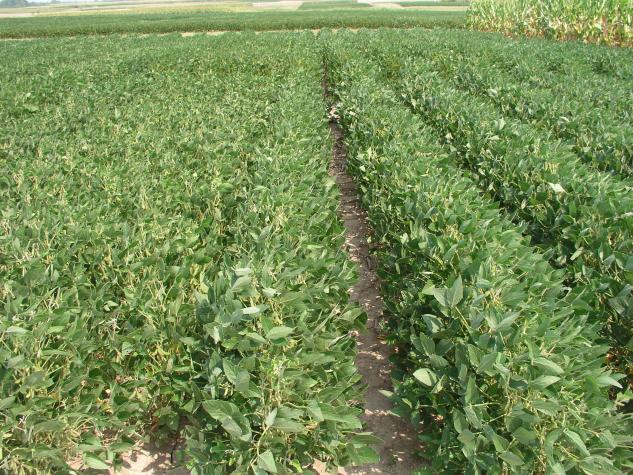
State Line Crop Conference offers speakers from MU, K-State
The annual State Line Crop Conference offers updates from University of Missouri Extension and Kansas State Extension researchers. The free event is 9 a.m. to 3 p.m. Thursday, Feb. 19, at First Baptist Church Family Life Outreach Center, 1301 E. Sixth St., Lamar, said MU Extension field agronomist Micah Doubledee.
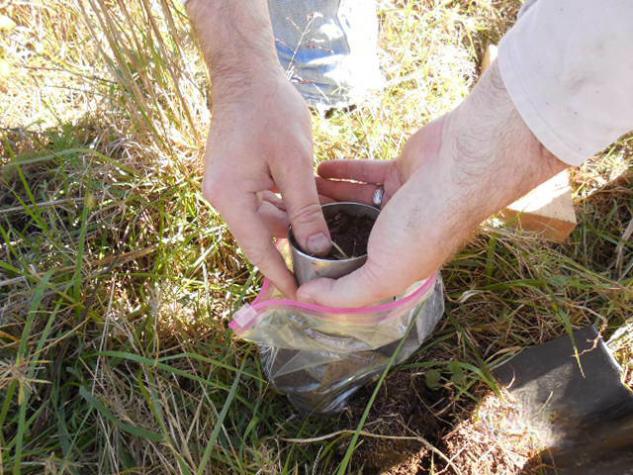
MU Soil and Plant Testing Lab moves to cheaper, quicker testing
The MU Extension Soil and Plant Testing Laboratory is transitioning to a new soil nutrient extraction method, called Mehlich-3, which has become the industry standard for soil testing. Adopting the Mehlich-3 method enhances laboratory efficiency and enables the laboratory to provide a more complete nutrient analysis in a single test while keeping overall testing costs lower.
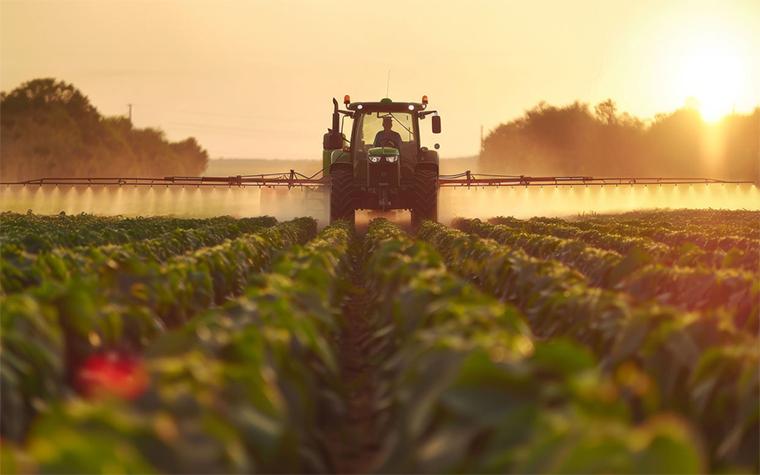
Register for the Missouri Crop Management Conference
Registration is open for the state’s premier agricultural conference for farmers and ag industry professionals, the Missouri Crop Management Conference, Dec. 9-10 in Columbia.
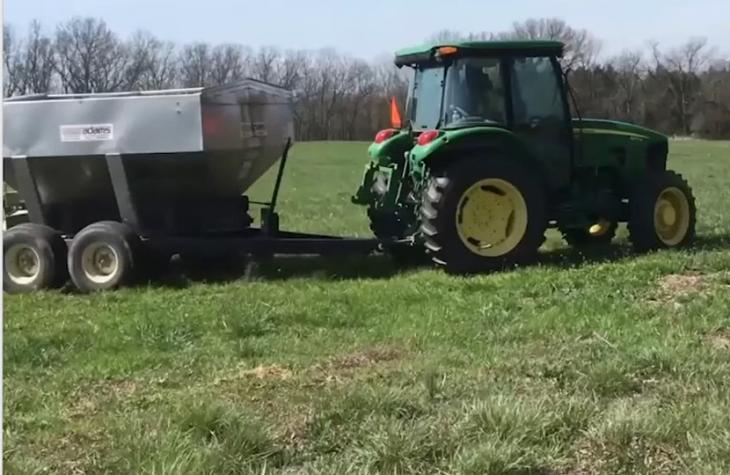
Are there opportunities to cut fertilizer costs in 2025?
Farmers may save on fertilizer in 2025 by reducing phosphorus, potassium, or lime on medium- to high-testing soils without lowering yields.
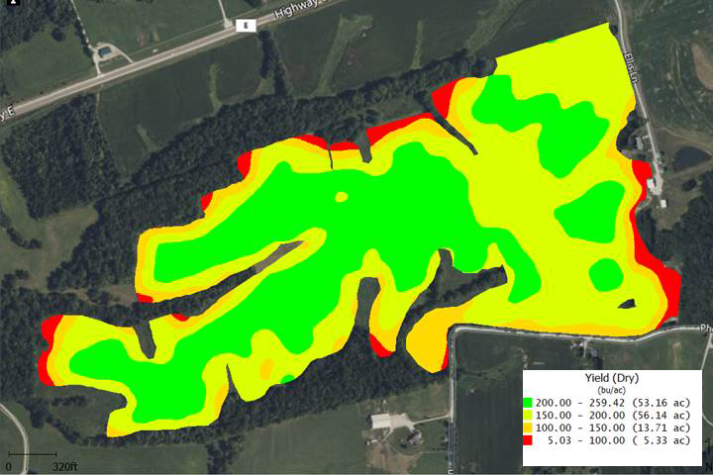
10 ways to manage high input costs in 2025
ST. JOSEPH, Mo. – University of Missouri Extension agronomist Wayne Flanary says 2025 likely will be a year when corn producers need to batten down the hatches to offset low sale prices and high input costs. MU Extension ag business economist Ben Brown and others predict that corn prices will fall below the $4.30 mark by the end of 2025, a marked drop from $6.54 per bushel in 2023.

Avoid applying fall anhydrous in northern, central Missouri
Northern‐central Missouri fields face high nitrogen loss risk when applying anhydrous ammonia in fall; soil temps need to drop below 40°F.

Applying nitrogen to forages now is high risk, low reward
Delayed nitrogen for cool-season forages now has little chance to boost fall growth and risks nitrate buildup or fertilizer loss under dry conditions.

Nitrogen fertilizer boosts fescue yields but increases toxin
Nitrogen boosts fescue yields but raises toxins, so manage fertilizer carefully to protect animal health.
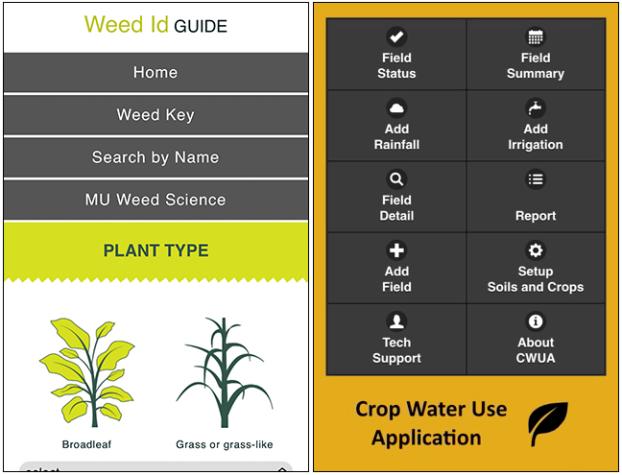
MU Extension offers listing of farm apps
Explore mobile tools to support farm decisions—from weather and crop models to weed identification and water use planning.
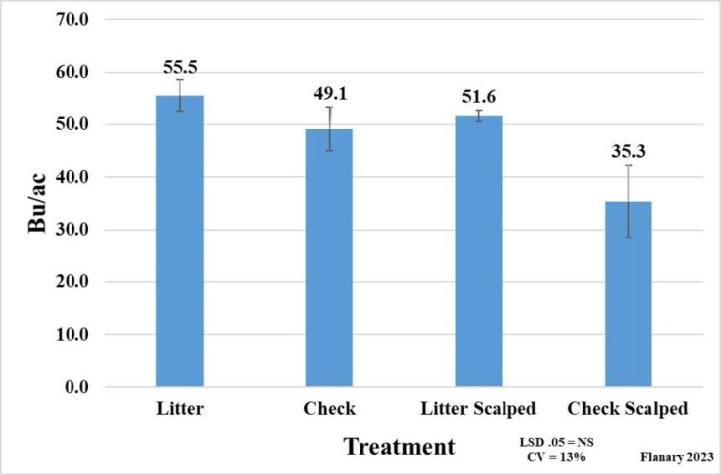
MU study looks at poultry litter's impact on soybean yields
Poultry litter may boost soybean yields, adding nutrients and organic matter, especially in eroded or low-fertility soils.
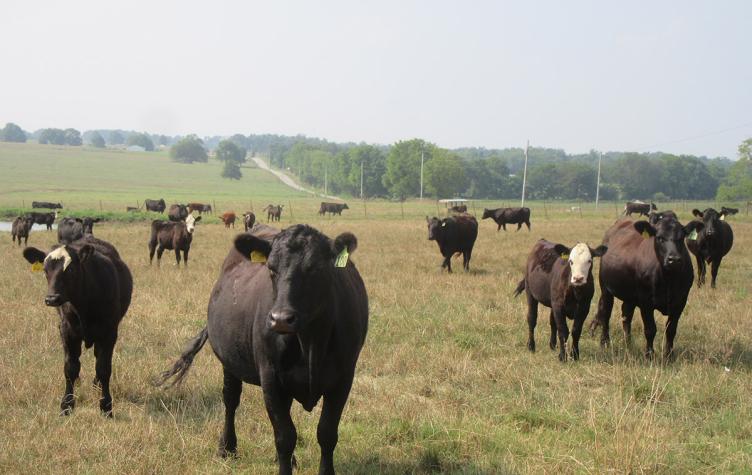
Post-drought pasture improvement takes more than rain
LINNEUS, Mo.– Heavy rainfall throughout much of Missouri on July 2 may have lessened worries about drought damage in pastures, but one good rain won’t undo the damage to mismanaged pastures during two straight years of drought, according to two University of Missouri Extension specialists based at the MU Forage Systems Research Center in Linneus.
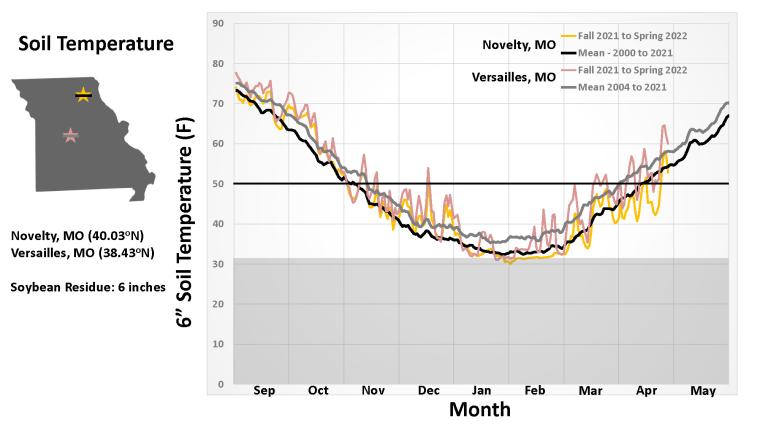
Fall application increases risk of nitrogen loss for corn
Applying nitrogen to corn in fall raises risk of loss before the plant can use it, especially in warmer soils.
With high fertilizer prices, are you better off buying fertilizer or supplemental hay?
COLUMBIA, Mo. – Increases in fertilizer prices add to the cost of growing forage for grazing. This leads farmers to ask if they should buy hay or fertilizer, says University of Missouri Extension nutrient management specialist John Lory. Comparing the benefits of buying hay vs. applying fertilizer for better yields is complicated, but it is crucial to the bottom line, says Lory.
MU Extension agronomist offers tips to offset high nitrogen prices
GALENA, Mo. – If there was ever a time to do a soil test, this is it, says University of Missouri Extension agronomist Tim Schnakenberg. Rising fertilizer prices make it too expensive to guess on how to apply nutrients, says Schnakenberg. Soil tests can prevent buying and applying fertilizer where not needed. See the MU Extension publication “Soil Sampling Hayfields and Row Crops” at extension.missouri.edu/publications/g9217.
Managing potassium and phosphorus when prices are high
COLUMBIA, Mo. – Farmers understand fertilizer prices fluctuate with time. “We are living through a substantial shift in potassium and phosphorus prices, from low prices in the 2020 growing season to the highest prices in the past decade for fertilizer purchased now for the 2022 growing season,” says John Lory, University of Missouri Extension nutrient management specialist.

Soils, cropping systems specialist joins MU Delta Research Center
Justin Calhoun joins the Delta Research Center to advance soils and cropping systems research in southeastern Missouri.
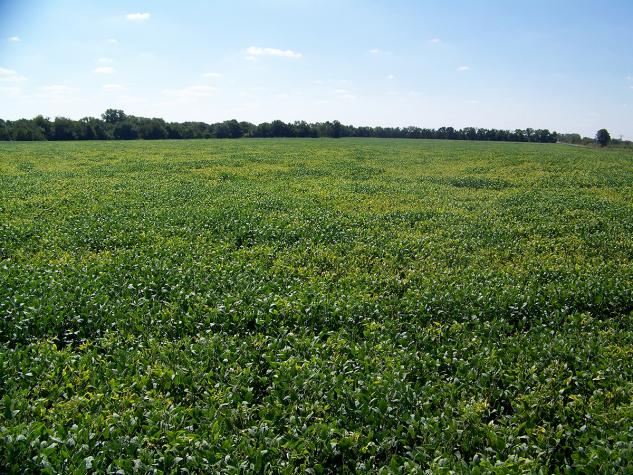
Potash pays off
Rising potash prices make proper application more critical than ever. Learn why soil tests and nutrient balance matter to sustain high yields.
Up to test – what does that mean?
NEVADA, Mo. – “I brought it up to test.” University of Missouri Extension agronomist Pat Miller often hears that when farmers talk about crop fertilizer applications. “I do not think it means what you think it means,” Miller says, quoting the movie “The Princess Bride.” According to Miller, people who say that usually mean that they made a one-time fertilizer application recommended by a soil test.
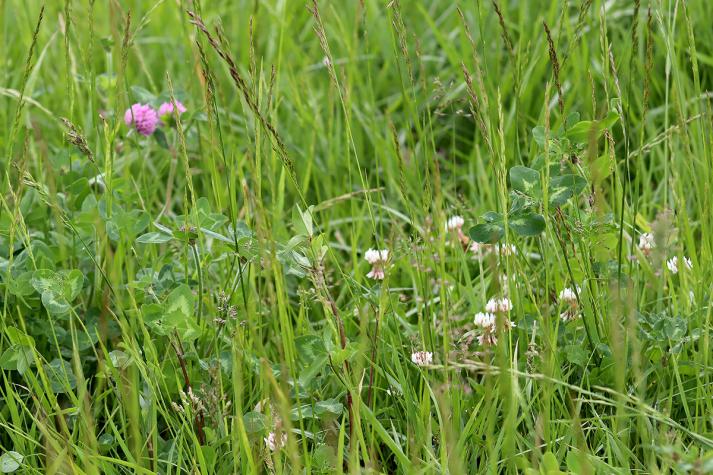
Frost seeding improves yield, quality
Frost seeding legumes boosts pasture yield and quality, reduces fertilizer needs, and supports livestock health and grazing profits.
Never say never to nitrogen
COLUMBIA, Mo. – Sometimes it pays to be late.Nitrogen application is one of those times, says University of Missouri Extension nutrient management specialist Peter Scharf.Scharf, who has researched nitrogen application in corn, wheat and other crops for 35 years, continues to favor spring nitrogen application over fall-applied application, especially during wet years, which are becoming more frequent.
Time to spread fertilizer evenly
As I write this on October 6, USDA estimates that 80% of Missouri corn and more than 75% of Missouri soybeans are in excellent or good condition. This is the best in the past 5 years for both crops.Harvest is well under way and I hope that most of you are pulling in the good yields that USDA predicted.
Be smart about fall N
Learn how to manage fall nitrogen applications for corn, balancing risks and weather conditions to optimize yields and minimize losses.
Does wheat need N in fall?
Yes, of course wheat needs N in fall. Timely planting and decent fall tillering are very important to wheat yield potential. And adequate N supports that tillering.But soil has N, regardless of whether you put any there. Is it enough, or not enough, to maximize wheat yield potential?
In-season nitrogen application boosts profits
COLUMBIA, Mo. – Use of in-season nitrogen on corn has increased in Missouri and surrounding states over the past 10 years. What used to be rare is now common. Some of these applications are planned, but others are to give corn yields a boost when wet weather causes nitrogen loss.
Farmers can connect to MU Extension specialists weekly in public town hall meeting format
The need to abide by spring's timetable and produce food for the table doesn't wait for crisis to pass. Continued field crop, forage, and animal production are essential not only for the nutrients they provide, but also for the economic, mental and spiritual health they return to us and our communities.
